All rights reserved. No part of this book may be reproduced or transmitted in any form or by any electronic or mechanical means, including photocopying, recording or by any information storage and retrieval system, without the express written permission of the copyright holder, except where permitted by law.
EBook ISBN: 978-1-68057-020-5
Trade Paperback ISBN: 978-1-68057-018-2
Cover design by Janet McDonald
Art Director Kevin J. Anderson
Cover artwork images by Adobe Stock
Published by
WordFire Press LLC
PO Box 1840
Monument CO 80132
Kevin J. Anderson & Rebecca Moesta, Publishers
WordFire Press eBook Edition 2019
WordFire Press Trade Paperback Edition 2019
Printed in the USA
Join our WordFire Press Readers Group for
sneak previews, updates, new projects, and giveaways.
Sign up at wordfirepress.com
The Million Dollar Writing Series
When seeking advice, always consider the source. Many self-appointed experts write how-to books without themselves ever accomplishing the thing they are trying to teach you how to do.
Each of the main authors in the Million Dollar Writing Series has sold a minimum of one million dollars of commercial product in their field. They have proved themselves, and here they share their wisdom, advice, and experience with you.
There are many factors in becoming a successful writer, and we cannot guarantee that youll break into the top levels, but we hope you find the advice to be useful and enlightening.
Introduction: Walking and Talking
Kevin J. Anderson
Some people get their ideas in the shower. I do my best thinking when Im out walking.
Strolling through a forest surrounded by beautiful scenery primes the pump in my imagination. Physical activity, walking along a trail or a bike path, frees me from distractions and lets the sentences flow. (Of course, theres also a literal separation from distractions if Im on a long walk far from my office, because theres no ringing phone or doorbell, no obnoxious email alerts, no attention-hungry cats who do not understand writing deadlines.)
Very early in my career I discovered the effectiveness of taking a walk when I needed to mull over a storyline, brainstorm ideas with myself, get to know my characters as best friends instead of mere acquaintances. Wandering the streets around my home, strolling down the local bike path, or hiking on a nice trail always gave me inspiration.
Recent studies have pointed out what Ive always knownthat walking unlocks creativity, oils the wheels in your brain, and removes roadblocks to letting your ideas flow. Instead of including footnotes and a long list of academic-style references, Ill just ask you to Google creativity and walking and youll find TED talks, Stanford University studies, Psychology Today articles, and more.
Taking a walk while trying to solve a plot problem or work out a character issue presented a serious problem, though: Id often get so many ideas that I couldnt remember them all by the time I got back to my office. In one instance, I worked out the intricacies of a complicated climactic battle scene with multiple characters, each one having a requisite moment of glory or moment of tragedy, and I raced back home, trying to hold it all in my head. Alas, I forgot most of it by the time I got home.
After that disaster, I started carrying a small notebook in my pocket so that as the ideas came to me I could jot them down. But writing on a little spiral notebook while walkingespecially if its drizzling or snowingis not the most convenient or efficient activity. I would often think up complete sentences, the perfect opening line or a full-fledged description of a character or place and I could never scribble it down quickly enough.
Finally, I tried taking a handheld microcassette recorder along on my walks. Whenever I thought of something good, Id hit the Record button and say the words in my head, complete sentences, even complete paragraphs. I could preserve my thoughts as quickly as they came to me. Sometimes I would have a blizzard of ideas, and Id talk in a breathless rush just to get them all down. And I did. I wrote character biographies; I outlined plot details; I blocked out massive scenes, beat by beat.
As my outlines grew more detailed, I added texture, snippets of dialog, even drafted entire scenes or conversations that were clear in my head. It didnt take long for that work to evolve into dictating a full-blown draft.
I decided I liked to do my chapters that way.
Writers usually do their work with butt in the chair and fingers on the keyboard, staring at the screen for hours on end. That doesnt work for meat all. I am an avid hiker, and my recorder allowed me to write my days word count while hiking in a national park. Also, by going far enough away from everybody else, I could get in a zonewalking alone inside my fictional world with my imaginary friendsand get lost in the story.
Sometimes too lost. Yes, Ill tell an embarrassing anecdote.
My microcassette recorder used ninety-minute cassettes, forty-five minutes on a side. Id walk along dictating my story until I reached the end of the tape, at which point Id pop out the tape and flip it over. A bothersome interruption, yes, but not a terrible one.
One time, I was hiking in the canyons of southern Utah, writing an action-packed technothriller, part of the novel Artifact. I walked along, fully into the story as events built to a head. I dictated forty-five minutes, at which point I flipped the cassette over and kept going. The story was really exciting, heading toward the climax! All of the plot threads were reaching a grand finale. I kept walking, kept dictating.


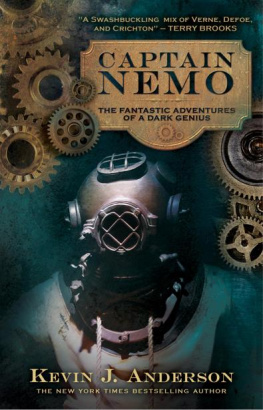
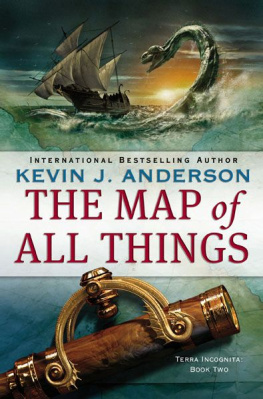
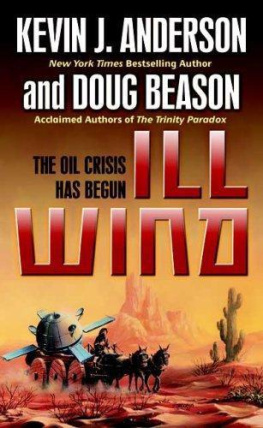

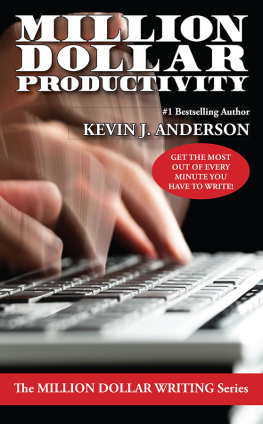
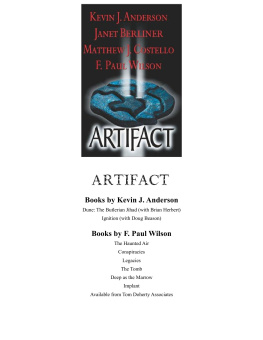
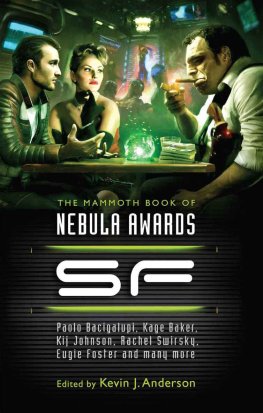
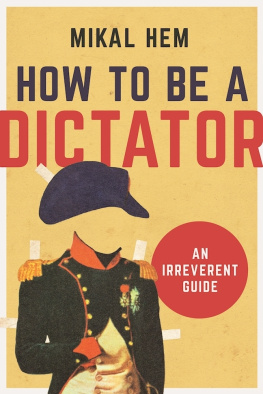
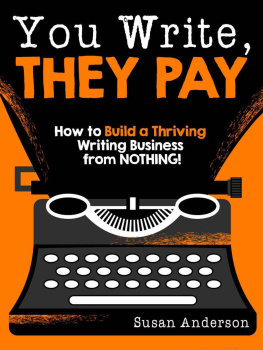
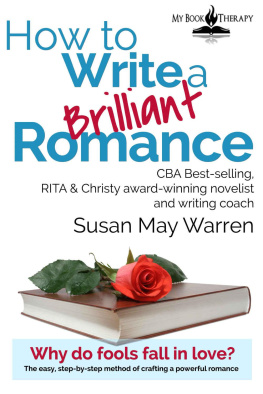
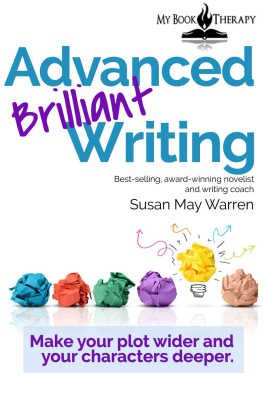
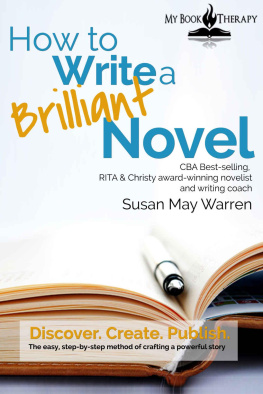
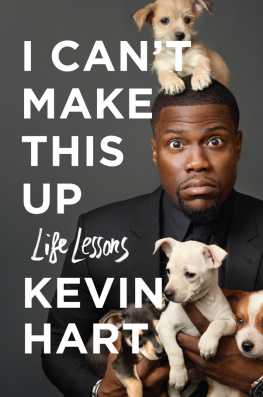
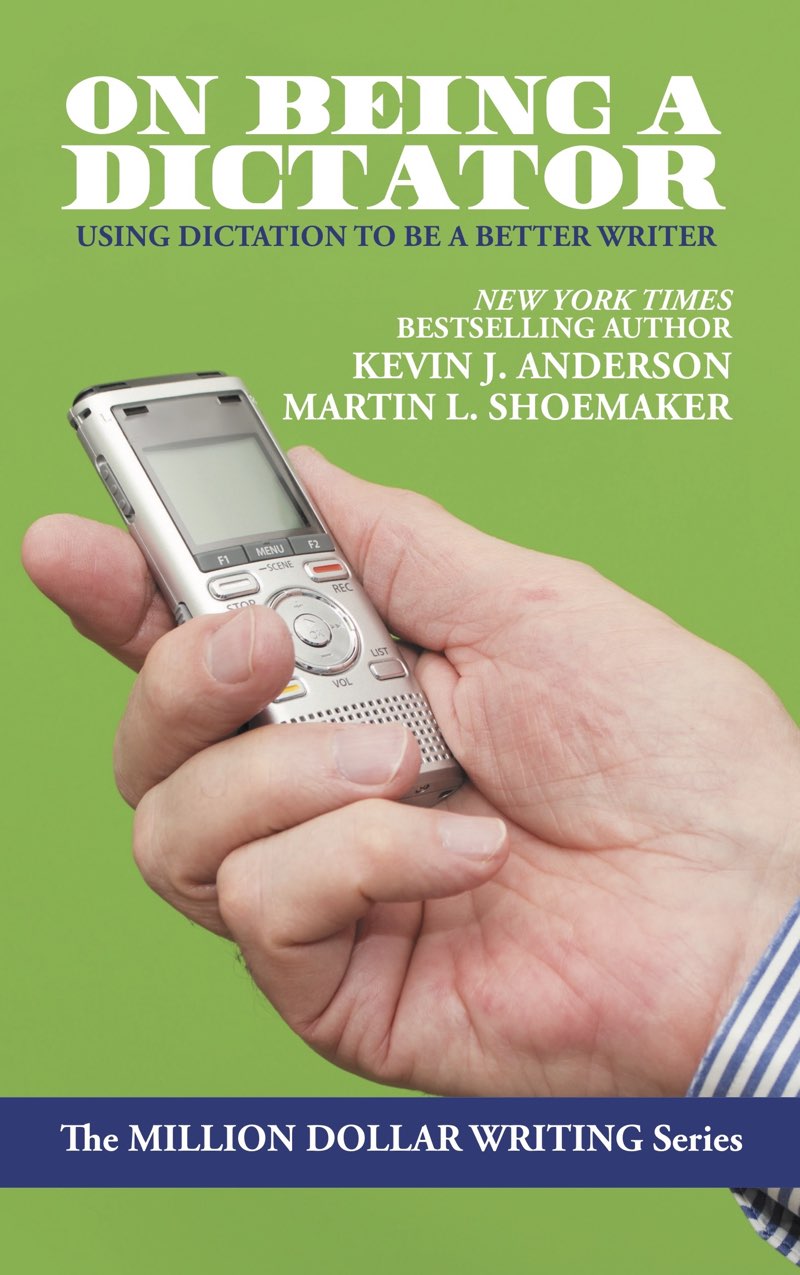

 Created with Vellum
Created with Vellum